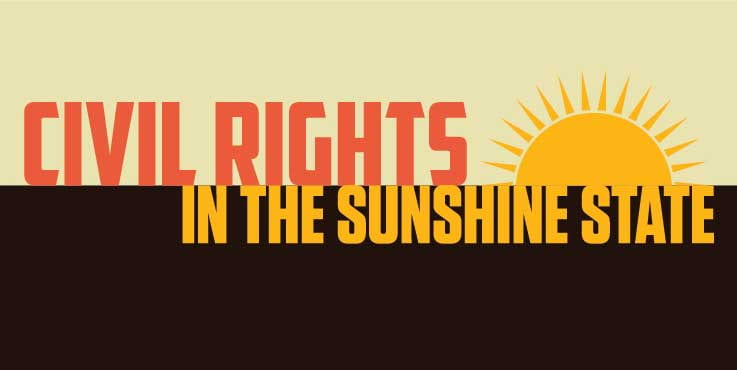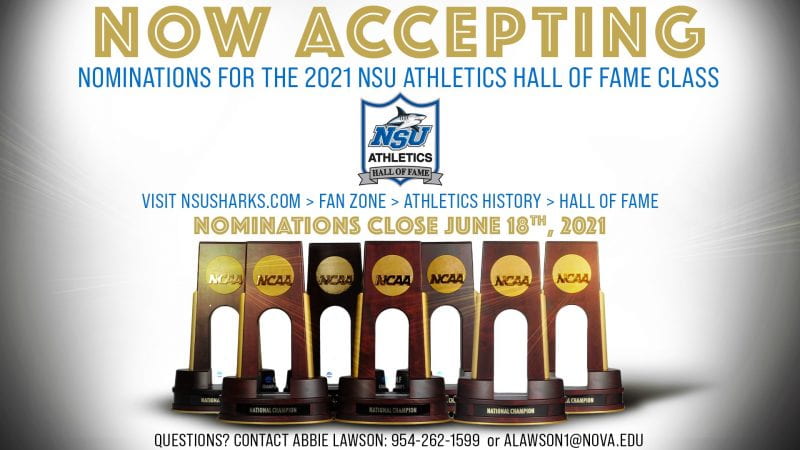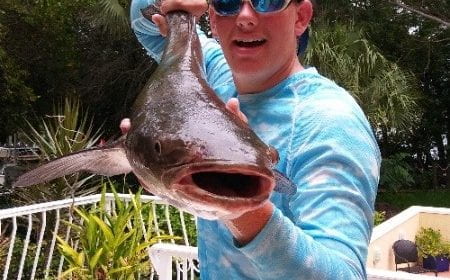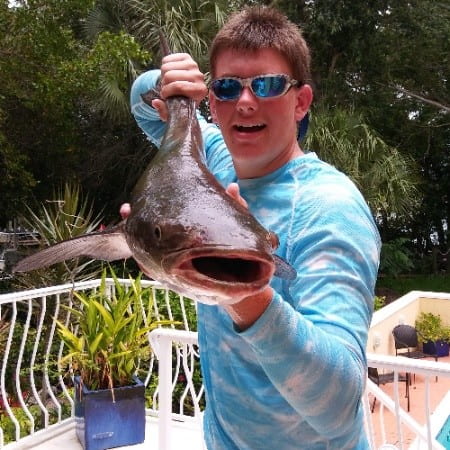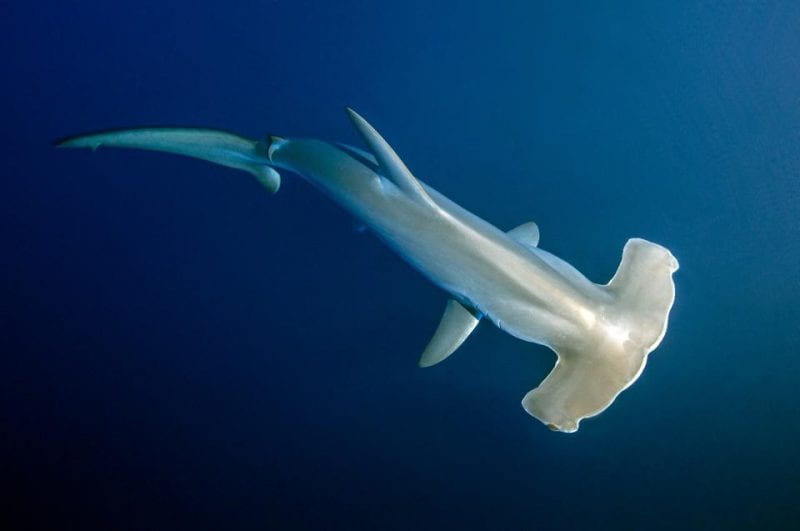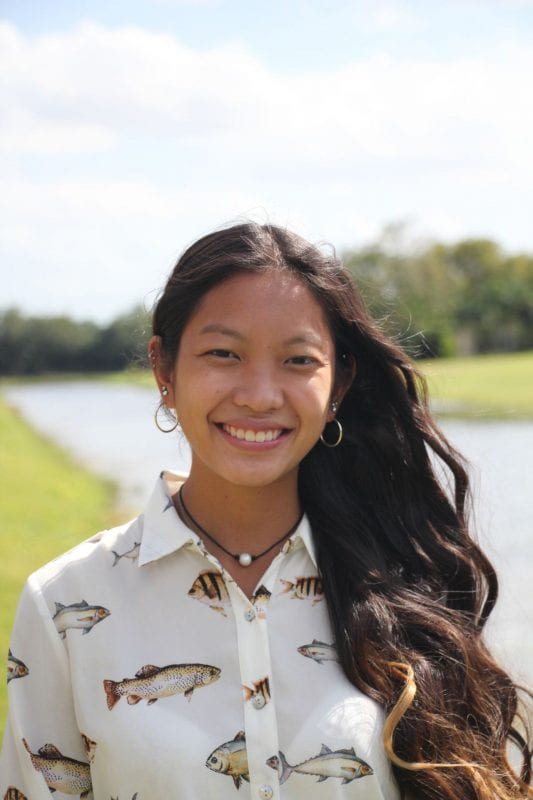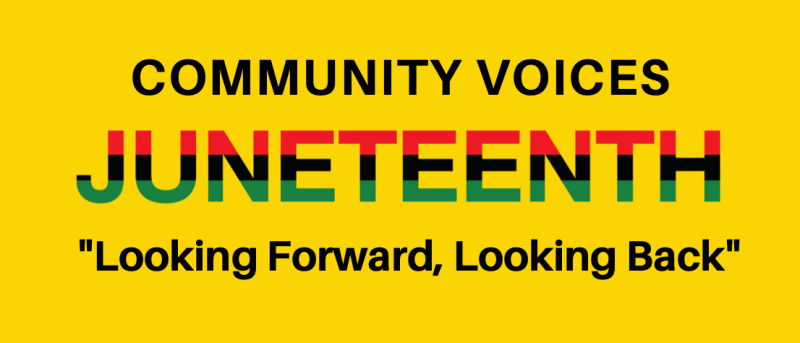
Virtual Event
Saturday, June 19, 3:00 p.m.
Free
RSVP
In recognition of Juneteenth, NSU Art Museum Fort Lauderdale will present “Looking Forward, Looking Back: Freedom, Afrofuturism and Reflections on Juneteenth,” a free virtual panel discussion on Saturday, June 19 at 3:00 p.m. This event launches Community Voices, NSU Art Museum’s new initiative supported by the Community Foundation of Broward, that focuses on exploring social and racial inequalities and challenging social structures, including representation in museums. Community Voices will provide a new forum for community discourse as it highlights topics of identity, migration and race through talks, multidisciplinary performances and workshops that are aimed at celebrating diversity and that serve as a catalyst for social change. Join expert panelists Ransford F. Edwards, Jr., Ph.D., Kandy G. Lopez-Moreno, M.F.A. and Rachel Panton, Ph.D., faculty members of Nova Southeastern University, who will look back at the historical context of emancipation, as well as the ongoing tension between the rhetoric of recovery and an imagined and unenslaveable Black future in art, literature, and pop culture.
Tickets are free and must be reserved in advance. For reservations, email moareservations@moafl.org or call 954-262-0258. Tickets may also be reserved online at nsuartmuseum.org.
Ransford F. Edwards, Jr., Ph.D. is an assistant professor in the Department of Humanities

Ransford F. Edwards, Jr., Ph.D.
and Politics in the Halmos College of Arts and Sciences. His research interests include disaster politics, particularly disaster capitalism. He explores social and economic justice through the transformative nature of natural disasters. Edwards’ regional areas of focus are the Caribbean and Latin America. His work appears in Class, Race, and Corporate Power and he has been a reviewer for the journal Disasters. His teaching interests include quantitative research methods, political economy, and political film and fiction.

Kandy G. Lopez-Moreno, M.F.A
Kandy G. Lopez-Moreno, M.F.A., is an associate professor in the Department of Communication, Media, and the Arts in the Halmos College of Arts and Sciences. As a visual artist, Lopez-Moreno explores constructed identities, celebrating the strength, power, confidence and swag of individuals who live in urban and often economically disadvantaged environments. With a variety of mediums, her images develop a personal and socially compelling visual vocabulary that investigates race, the human defense mechanism, visibility and armor through fashion, and gentrification. Lopez-Moreno’s work has been exhibited in galleries and museums.
Rachel Panton, Ph.D. is an assistant professor in the Department of Communication, Media, and the Arts in the Halmos College of Arts and Sciences. Panton’s primary focus is women’s narratives of wellness and transformation. She was a guest editor for the
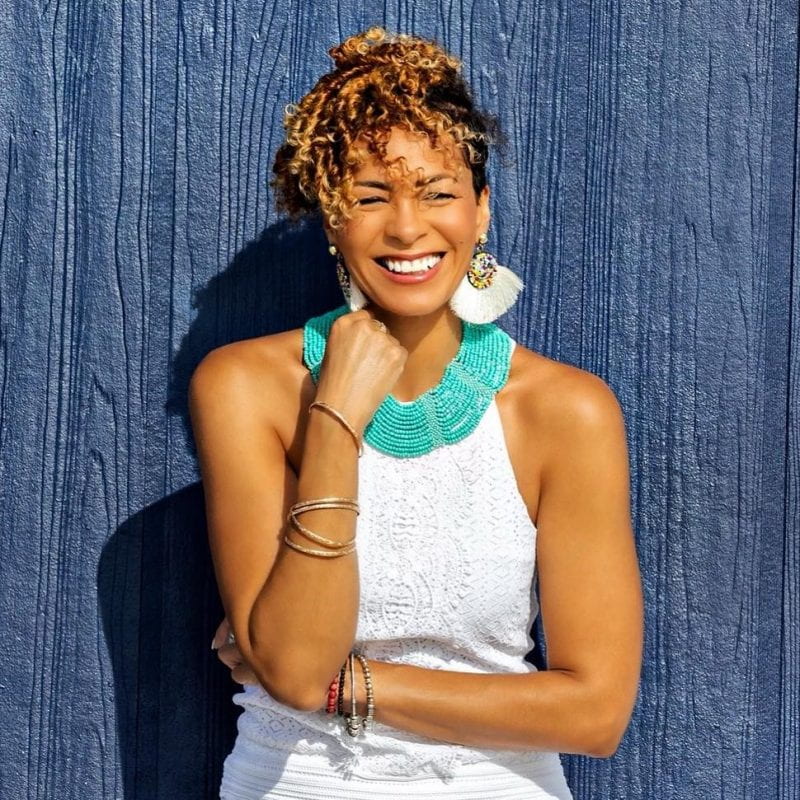
Rachel Panton, Ph.D.
University of California, Berkeley’s Race and Yoga Journal and is the founder of Women Writing Wellness. She is the editor of the forthcoming book, Black Girls Om Too: Black Women’s Bodies & Resistance to the Visual and Narrative Rhetoric of Yoga and is co-editor of Calling of the Crowns: Black American priestess narratives of awakening to the divine feminine, divination, healing, and spiritual modalities of service in African Diasporic Religions.
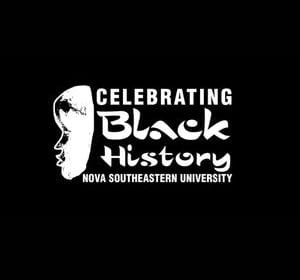
 Saturday, February 5, 2022
Saturday, February 5, 2022
